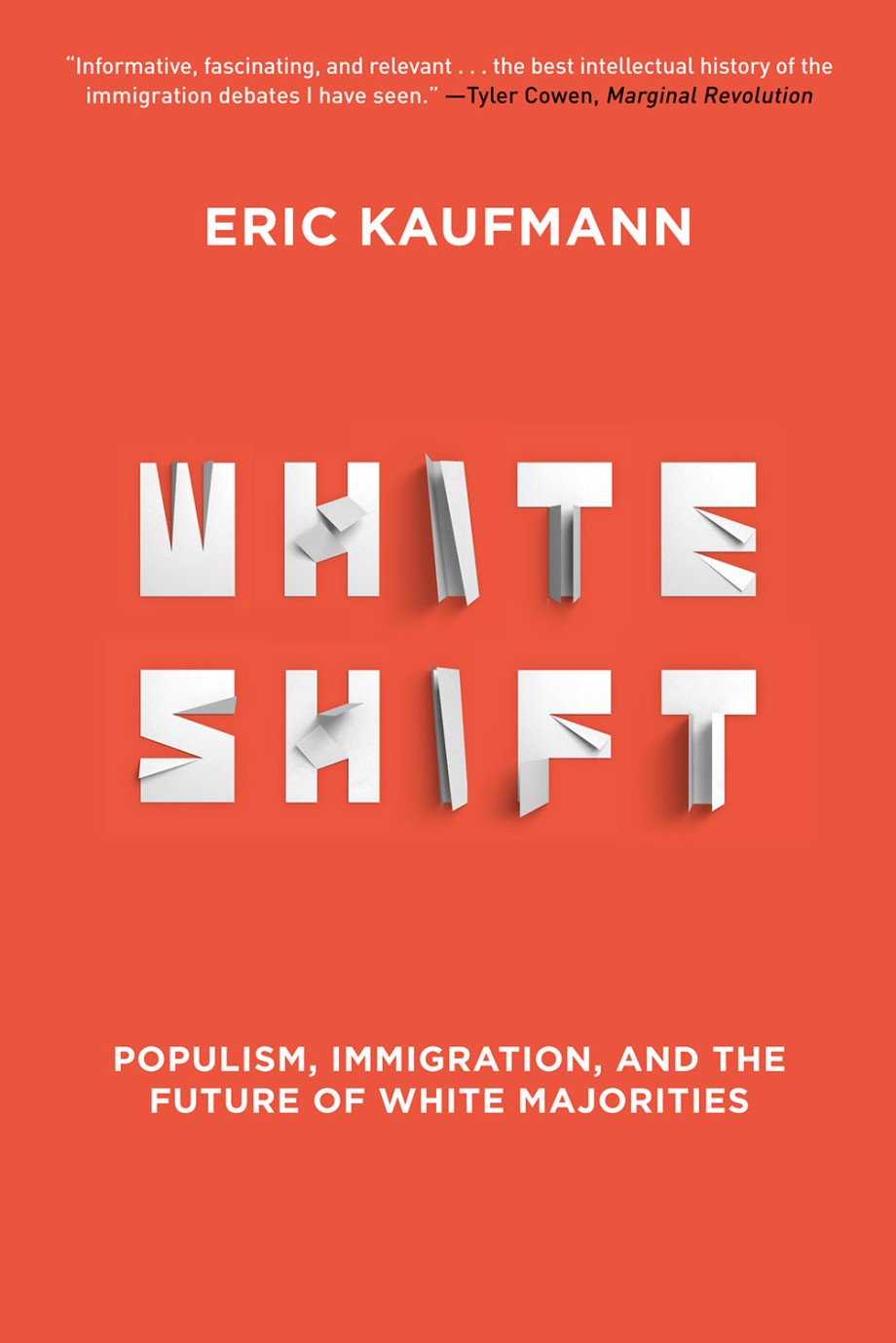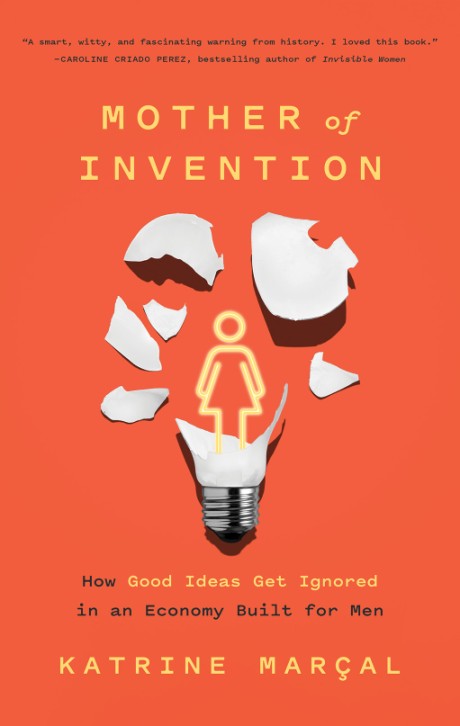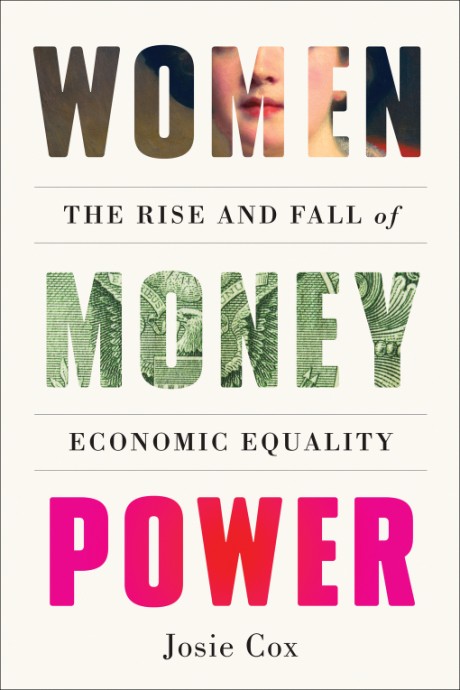This groundbreaking book explores how the transition from racially homogeneous white majorities to racially hybrid majorities is driving the rise of populism and reshaping conservative thought.
"An important book that challenges the conventional wisdom on controlling immigration and fighting racism.” —W. James Antle III, The American Conservative
"A big, brilliant, ambitious book—perhaps the first truly definitive book of the Trump era. Meticulous, challenging, and provocative." —Shadi Hamid, Senior Fellow, Brookings Institution and author of Islamic Exceptionalism
"Presents compelling arguments that defenders of asymmetric multiculturalism should be prepared to answer.” —New York Magazine
“Whiteshift” is defined as the turbulent journey from a world of racially homogeneous white majorities to one of racially hybrid majorities. In this data-driven study, political scientist Eric Kaufmann explores how these demographic changes across Western societies are transforming their politics.
Kaufmann examines the evidence to explore ethnic change in North American and Western Europe. Tracing four ways of dealing with this transformation—fight, repress, flight, and join—he makes a persuasive call to move beyond empty talk about national identity.
Deeply thought provoking, enriched with illustrative stories, and drawing on detailed and extraordinary survey, demographic, and electoral data, Whiteshift will redefine the way we discuss race in the twenty-first century.
Praise
"Although it has a marked point of view, this is a data-driven work, informed by public opinion studies and theoretical insights from psychology, philosophy, and anthropology. . . . Whiteshift is likely to make a big splash and certain to appeal to quantitatively inclined centrists and conservatives longing for an academic defender."Publishers Weekly
—
“A powerful and rigorously researched exploration of how demographic change is transforming western societies and politics. Rejecting extreme nationalism and extreme liberal individualism alike, Kaufmann uses a wealth of empirical data to carve out a space for a multivocal and flexible political system that recognizes ethnic identities without sacrificing liberal values of freedom and tolerance. Whether or not you end up agreeing with it, this is a book that speaks to the most urgent and difficult issues of our time.”author of Seven Types of Atheism, John Gray
—
“A magisterial survey of the most important political trend of the 21st century so far. It will be controversial—but mostly with those who dislike evidence, are horrified by open mindedness, and who find it convenient to ignore truth. It should be required reading for today’s rulers; they may not like it, but they need to understand Kaufmann’s defense of democracy before it’s too late.”founding chairman of the Equality and Human Rights Commission, Trevor Phillips
—
The American Conservative, W. James Antle III“A valuable contribution . . . an important book that challenges the conventional wisdom on controlling immigration and fighting racism.”
—
“Whiteshift is a big, brilliant, ambitious book—perhaps the first truly definitive book of the Trump era. Meticulous, challenging, and provocative, this is the rare book that takes it upon itself to try to shift our entire way of thinking on the most difficult question of our time—inevitable demographic and ethnic change in the United States and Europe.”Senior Fellow, Brookings Institution and author of Islamic Exceptionalism, Shadi Hamid
—
“Extraordinary. . . a tour de force that could expand the so-called ‘Overton window’—the range of what is acceptable to say—on these central issues.”Sunday Times, David Goodhart
—
"An important new book"The American Conservative, Scott McConnell
—
“Fascinating . . . Kaufmann has done something exceedingly rare among center-right thinkers, which is to write an intelligent, challenging, and in its own way, brave book about race and identity; one not meant to fire up partisans but to make an honest attempt to understand our present dilemmas and propose a solution. . . . Whiteshift is the best diagnosis of populism the right has to offer, and presents compelling arguments that defenders of asymmetric multiculturalism should be prepared to answer.”New York Magazine
—
“Tightly argued . . . empirically careful . . . conceptually precise . . . the book is in many ways a model of scholarship on right-wing populism. . . . Whiteshift’s clarity about the ultimate implications of anti–political correctness politics is, second to the statistical analyses, its core virtue.”Vox
—
“Might [Whiteshift] be the must-read book of the year? . . . informative, fascinating, and relevant on just about every page. . . . On top of all of its other virtues, Whiteshift provides the best intellectual history of the immigration debates I have seen.”Marginal Revolution, Tyler Cowen
—
“Kaufmann’s explosive claim is that it is not enough to blame a resurgent racism for today’s populist revolts. . . . [He] redefines whiteness as a Western cultural norm, rather than a racial categorization. . . . Kaufmann has done a service in assembling the facts about present inter-ethnic relations in the West.”Los Angeles Review of Books
—
“Whiteshift is an extremely ambitious book . . . intelligible for anyone who has been following American politics . . . [Eric Kaufmann] marshals a vast and convincing body of research . . . Kaufmann’s case that rising white anxiety is an urgent political problem seems almost unassailable. . . . Kaufmann’s book is valuable for its breadth, for its clear analysis of often-confused issues, and for its asseveration of the stakes of politics in an era of demographic change”National Review
—
“Really engaging . . . Whiteshift is by far the most thorough and scholarly treatment of the politics of white majorities I’ve read.”Andrew Sullivan, New York Magazine
—
“Whiteshift makes a convincing case that a single phenomenon is rolling across the West, one that has little to do with free trade, pro or anti. Instead, it is the inevitable reaction of demographic majorities to massive, immigration-induced demographic change”The Washington Post
—









